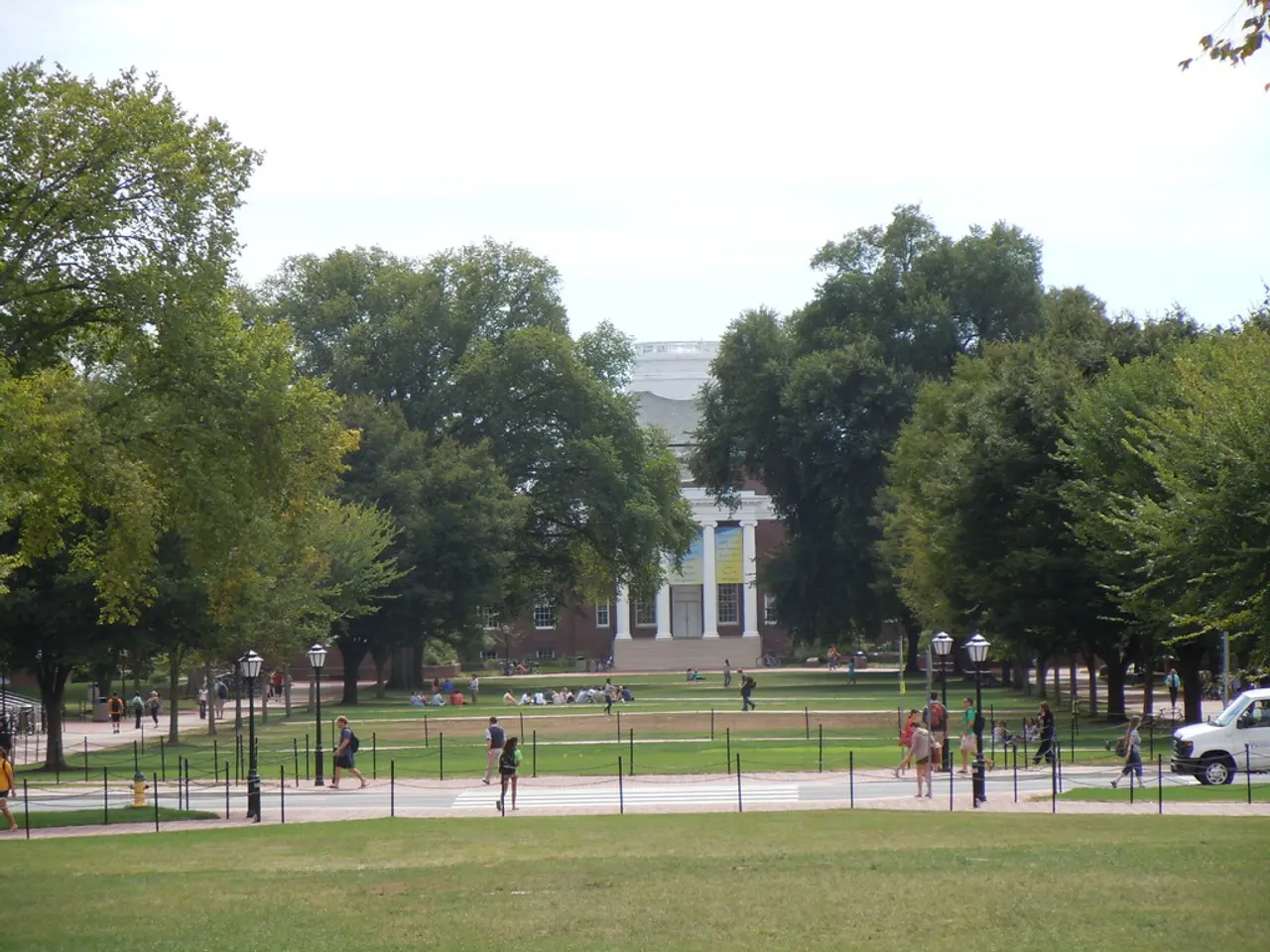Continuous Agricultural Education System in Yakutia: A Pioneering Approach to Arctic Agriculture
A Vision for a Sustainable Future
Aysen Nikolayev and Valery Fedorov held a conversation about educating the agricultural industry.
In the heart of the Siberian wilderness, Yakutia (Sakha Republic) is forging a new path in agricultural education. Facing unique climatic and geographical challenges, the region is embracing a continuous agricultural education system to cultivate a new generation of specialists equipped to thrive in the Arctic.
The Power of Integration: Agroschools and AGATU
The cornerstone of this system lies in the synergy between agroschools and the Arctic State Agricultural Technology University (AGATU). By seamlessly integrating secondary-level specialized agricultural schools with higher education, this approach ensures a smooth transition for students and consistent skill development.
A Curriculum Tailored for the Arctic
With a focus on practical skills and Arctic-specific knowledge, the curriculum emphasizes cold-resistant crop varieties, livestock adapted to harsh climates, and sustainable land use. Programs are designed to equip students with the tools they need to succeed in their future careers, while addressing the unique challenges posed by the Arctic environment.
A Growing Demand for Skilled Professionals
As Yakutia's agricultural sectors expand and community awareness of agricultural career opportunities grows, AGATU has seen an increasing number of local and regional applicants. These feeder schools, such as agroschools, attract rural youth, offering foundational skills and promoting agricultural careers early on.
Incentives to Foster Student Success
Scholarships, local government support, and career placement programs encourage student enrollment, helping to retain talent within Yakutia. In addition, up to 90% of the wages for students undergoing practical training are compensated from the federal budget, further incentivizing participation in the agricultural workforce.
Modernizing Infrastructure for a Brighter Future
AGATU has modernized its classrooms, laboratories, and research facilities with climate-adaptive technologies and modern agricultural equipment. Renovations include improved training farms, greenhouses adapted for Arctic conditions, and enhanced digital learning tools. Investment in specialized research centers supports advancements in cold climate agronomy, fostering innovation and collaboration with regional agricultural enterprises.
A Continued Commitment to Education Accessibility
Implementation of e-learning platforms and remote agricultural monitoring technologies enhances education accessibility across vast Yakutian territories. This innovative approach ensures that students in even the most remote areas can benefit from a world-class agricultural education.
Building a Stronger Agricultural Workforce
The continuous education system strengthens the agricultural workforce, equipping it with the skills necessary to tackle the challenges posed by the Arctic environment. Trained professionals contribute to increasing productivity and sustainability of the local agricultural economy, driving economic growth and fostering a brighter future for Yakutia.
Looking Ahead: Expansion and Collaboration
Future plans include broadening curriculum scope, international cooperation, and further infrastructure enhancements to reinforce Yakutia’s status as a hub for Arctic agricultural expertise. With a focus on innovation, collaboration, and a commitment to the future, the continuous agricultural education system in Yakutia is poised to make a lasting impact on the global agricultural landscape.
Notable Developments
- Aisen Nikolaev, the head of Yakutia, emphasized the importance of a continuous agricultural education system and the need for infrastructure modernization, particularly in northern and Arctic conditions, at AGATU.
- Valery Fedorov, the rector of AGATU, presented up-to-date data on student admissions and discussed the development of the student contract system at AGATU, where students undergoing practical training at agricultural enterprises receive wages.
- This year, AGATU enrolled two Heroes of the Russian Federation.
- AGATU has been actively participating in post-fire forest restoration works for the fourth consecutive year.
- Andrei Grigoryev and Alexei Petrov are among the students who will be studying "Agricultural Engineering" and "Animal Husbandry" at AGATU, respectively.
- In 2025, AGATU will implement a project in the Oymyakonsky District, covering over 200 hectares.
- The federal program "APK Cadres" is being implemented at AGATU, with the university applying for competitive procedures to strengthen its material and technical base.
- To foster continuous learning, the industrial sector could consider partnering with universities like AGATU to implement education programs covering finance and agriculture-focused technologies, empowering students to pioneer advancements in the manufacturing industry.
- As part of a holistic approach to lifelong learning, online educational platforms can be utilized to offer courses in education-and-self-development, teaching effective strategies for learning, critical thinking, and personal growth to individuals employed in various industries, including agriculture.
- School curriculums in the manufacturing industry could incorporate modules focused on sustainable agriculture practices to encourage environmentally-friendly processes and foster collaboration between the agricultural and industrial sectors, ultimately aiding in resource conservation efforts.




